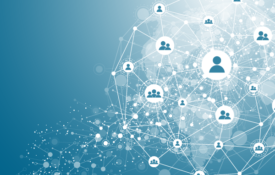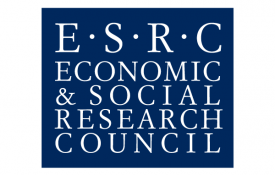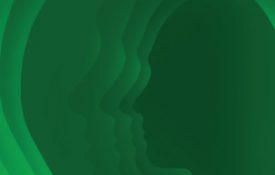-
Without Clear Pandemic Rules, People Take On More Risks As Fear And Vigilance Wane
... Research shows that when it comes to risk assessment, people are more likely to believe something hazardous will occur when they can easily picture it: Maybe it's already happened to them, or they've seen or heard about it happening to someone they know. "For millions of years, we learned what was risky from our own personal experience," said Gretchen Chapman, a psychologist and decision researcher at Carnegie Mellon University. "Now, we're supposed to learn about risk by looking at public health department websites, to see how the cases are going up. Our cognitive system is just not set up to respond to that input for risks." ...
-
You’re Choosing a Gift. Here’s What Not to Do.
APS Member/Author: Daniel T. Willingham ... Despite the stock saying, “It’s the thought that counts,” gift givers think that spending a lot — on diamonds, for example — shows that they care. When researchers asked people to recall a gift they gave and then to rate how much they thought recipients liked it, higher prices went with higher ratings. But when people made the same ratings for a gift they had received, price was completely unrelated to enjoyment. Second, give gifts that are actually usable.
-

Citizens Versus the Internet: How Psychological Science Can Confront Digital Challenges
The latest PSPI explores ways that psychological and behavior science can help decrease the negative consequences of Internet use.
-

Psychological Scientists Among UK’s Economic and Social Research Council 2020 Impact Prize Winners
Among this year’s winners were psychological scientists Anne Castles, Kathy Rastle, and Kate Nation, for their recent article on the topic of teaching reading.
-

New Content From Current Directions in Psychological Science
A sample of articles on how children become aware of inequalities, how cognitive science can improve mathematics learning, the role of general cognitive skills in language processing, the rejection of science, how to improve eyewitness-identification evidence, and the links between stress and depression.
-
Distrust Authorities, Including Me
Like many teachers, I’ve agonized over what to tell my students about the crises convulsing us lately, the pandemic and U.S. presidential election. What lessons can we draw from what’s happened? I’ve decided to double down on the anti-wisdom I lay on all my classes: Distrust authorities, including me. ... Another notable expert critic of experts is social psychologist Philip Tetlock of the University of Pennsylvania. In his 2005 book Expert Political Judgment, Tetlock reported on a study of 284 professional pundits, including academics, government officials and journalists, who comment on politics and related issues via mass media and in scholarly journals and conferences.

